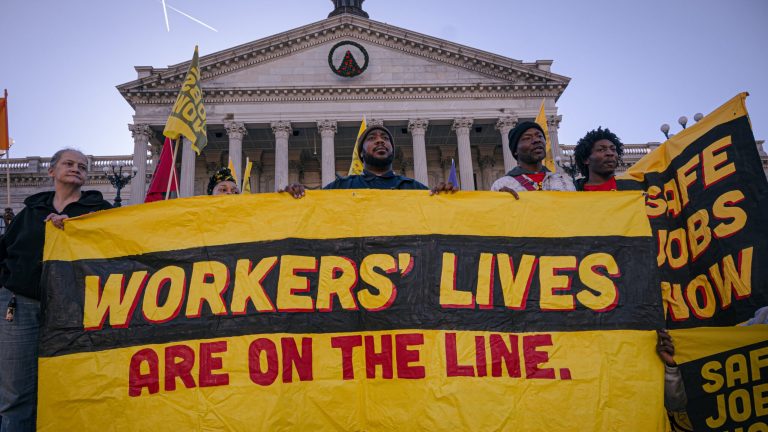Department Of Labor Proposes Rollback Of Workplace Safety And Wage Protection Regulations
This month, the US Department of Labor, led by Trump-appointed Secretary Lori Chavez-DeRemer, announced a proposal to repeal 63 workplace safety rules in what the Department called “aggressive deregulatory efforts” in order to “put the American worker first.”
The regulations that the DOL has dubbed “obsolete” include eliminating minimum wage and overtime protections for millions of home health care workers, rolling back protections for farm workers, rescinding a requirement for employers to provide adequate lighting at construction sites, weaken safety standards in the mining industry, and limit the authority of OSHA to protect workers in what the DOL dubs “inherently risky professional activities” such as entertainment or journalism.















